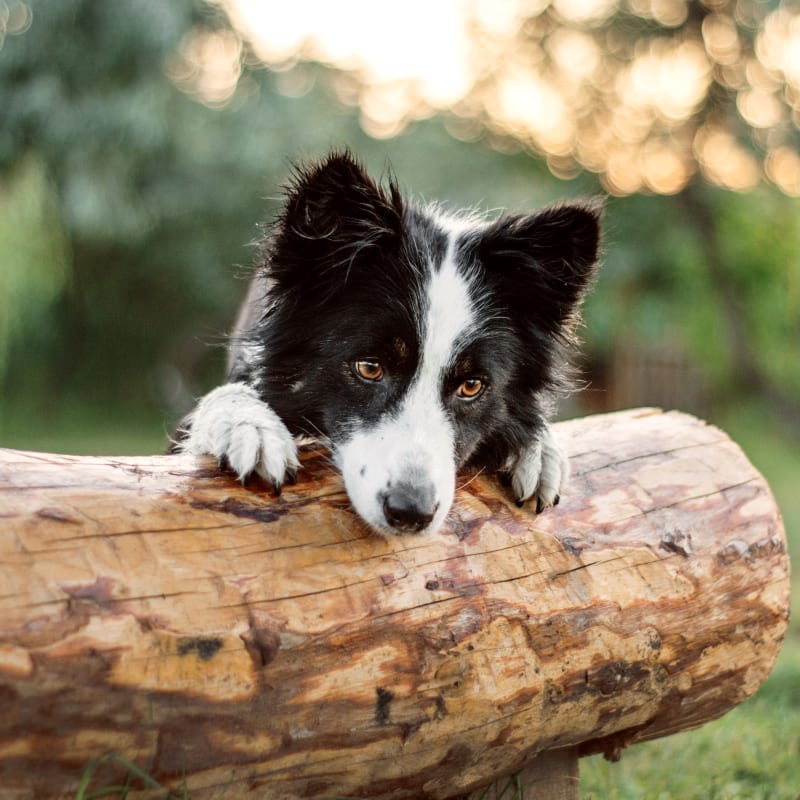What is orthopedic surgery?
Orthopedic surgery encompasses surgeries done on pets' skeletal system and associated soft tissues such as bones, joints, tendons, ligaments and cartilage.
Our advanced imaging and diagnostic tools help us provide an accurate and effective orthopedic diagnosis.

Common Orthopedic Conditions
There are a wide range of orthopedic conditions which can affect dogs and cats. The following are some of the most common orthopedic conditions found in the North Boulder area.
Hip Dysplasia
Hip dysplasia is the medical term for when the socket of your pet's hip doesn't entirely cover the ball portion of their upper thigh bone. This can lead to the hip joint becoming either completely or partially dislocated. It is most common in large breeds of dogs such as Golden Retrievers and German Shepherds.
Total hip replacement is the most effective surgical treatment for hip dysplasia. The surgeon replaces the entire joint with metal and plastic implants, returning hip function to a more normal range.
Cruciate Ligament Tears
Just like in people, torn cruciate ligaments in dogs must be repaired in order to prevent arthritis. There are a number of different kinds of procedures that can be used to repair this injury depending on the size of the dog being operated on.
CCL surgery for dogs may include a number of different techniques that aim to provide stability to the joint.
Luxating Patellas
The knee cap (otherwise known as the patella) sits in a cartilaginous groove at the end of the femur. When the knee cap moves out of its natural position, it is called "luxating." Knee cap issues are common in many dog breeds both large and small.
Surgery is recommended for animals that have significant lameness as a result of luxating patellas, with the goal of keeping the patella in its appropriate location at all times.
Disc Disease
Like people, dogs can develop disc issues in their backs and necks. Breeds, which commonly suffer from these problems include Dachshunds, Cocker Spaniels, Lhasa Apsos, and Poodles.
Dogs with advanced disc disease should have surgery as soon as possible. The sooner that surgery is done, the better the prognosis.

Orthopedic Surgery FAQs
Here, our veterinarians address some of the most common questions from our clients about orthopedic surgery at our North Boulder animal hospital.
- What happens during the surgical consultation?
During the surgical consultation, our vets will perform a physical examination of your pet and conduct tests, including blood work, in order to determine the nature of their condition.
Diagnostics may include x-rays, an ultrasound, or biopsies. Once the results are back, a plan for surgery is developed and discussed with you.
- Will the surgery and consultation happen on the same day?
No. The consultation appointment is required for testing and examination, to determine the nature of your pet's health problem. Once any diagnostic test results have come back from our lab, a surgery appointment can be scheduled.
- How long will the surgery take?
Orthopedic surgeries will often last between 2 and 4 hours, with some difference depending on the kind of surgery being performed and on your pet's condition.
- Does my pet have to stay at the hospital overnight either before or after the surgery?
Most patients go home the same day of surgery. Some patients may need overnight monitoring provided by a 24 hour care facility. In these cases, the owner will transport their pet to the overnight facility around 5 or 6 pm.
